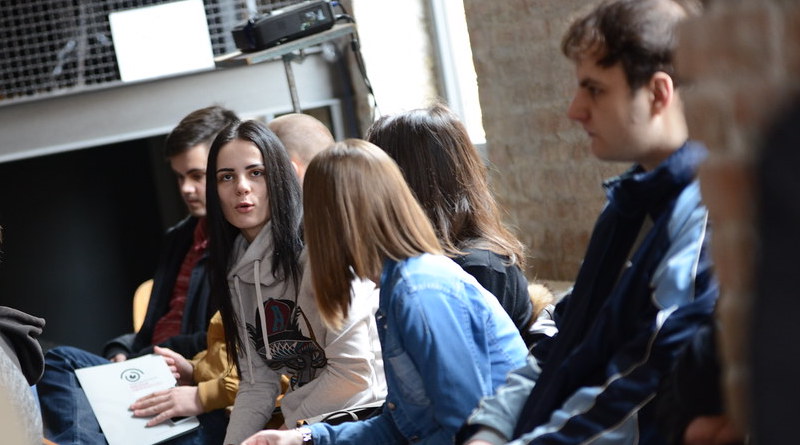Organised Chaos: Russian influence and the state of disinformation in the Western Balkans
Disinformation is the en vogue issue of the day and a well-established problem in the Western Balkans. The false and misleading narratives circulating in this corner of the globe have long been attributed to Russia, but the truth is more complicated. Russia does create and disseminate disinformation in the Western Balkans. However, domestic political leaders and local institutions significantly contribute to the evolving problem.
The current COVID-19 health crisis has also morphed into a disinformation crisis. In the Western Balkans, local actors have often amplified dangerous conspiracy theories to downplay the severity of the virus. Government officials like Serbia’s Branimir Nestorović, have made absurd and harmful statements. Nestorović, a member of the Serbian government’s emergency response team, stated that Serbians have superior genes that would protect them from the virus and that women are protected from infection by their hormones. Not surprisingly Serbia has one of the highest infection rates in the region.
Disinformation is hard to address in the Western Balkans because of complex media ecosystems, legacies of recent wars, and strained relations amongst the region’s diverse groups. The Balkan information space is a mix of government-owned or affiliated mainstream news outlets, underdeveloped legal frameworks for online platforms, an explosion of new media sources, and the decline of local newspapers. Additionally, countries are experiencing shrinking spaces for public debate with citizens and journalists attacked for questioning or criticizing the government. Balkan publics consume news mostly via television, and main channels are frequently controlled by ruling parties, who often propagate false or politically motivated narratives. They are even using the “threat of disinformation” to label independent journalists and opposition parties as vectors of disinformation. Among younger generations, social media and online portal use is increasing, and this creates its own set of problems as sources of information are more obscured, and stories can be quickly shared and widely distributed.
The Western Balkans are not a monolith, and each nation has its own complexities and distinctive information space features. Still, there are some common measures that local governments and media organisations can take to help slow the spread of disinformation and protect and strengthen the freedom of the press. Some of our policy recommendations include long-term media literacy programs, holding social media companies accountable, and supporting independent journalism.
For in depth analysis of five Western Balkan countries’ current fight against disinformation, please see our full report included in the Edward R. Murrow Center’s Special Papers series.
Photo: “Balkan Youth Newsroom training in Nis, Serbia,” by International Debate Education Association (IDEA). CC.
To view/download the paper, please click below.

